|
"As a philosophy (of ‘it all’), memetica ecologica is a rhetoric, concept, and practice of ‘everything’ (right now). Is it a dream? Yes. Is it a nightmare? Possibly, at least in part. Is it desirable? Depends. Is it too late (inevitable)? That’s hard to say. What else is there? That’s also hard to say."
-Fragments of Memetica, No. 20 [20201230] "...You have to go / into the little green glade to hear / the smooth jazz. Totem poles / & radio towers. The exact / not-knowing." -Eliot Cardinaux in Cruel Garters No. 14 No. 14 contributors include: Eliot Cardinaux, Heikki Huotari, Joanna Fuhrman, Salvatore Difalco, Benjamin Bennett-Carpenter, and David Porter Cover image by LBC, 2020 "A Couple Fairly Recent Words: Capitalism & Globalization" DOUBLE BOOK REVIEW
1. The War of Words: A Glossary of Globalization by Harold James 2. Capitalism: The Story Behind the Word by Michael Sonenscher Reviewed by Benjamin Bennett-Carpenter in Meridian: The Newsletter of the Global Studies Center (Gulf University of Science and Technology, Kuwait), Issue 5 (September 2023) https://gsc.gust.edu.kw/benjamin-bennett-carpenter IN THE WORKS:
"Provisional Heuristics: A Useful Place to Start Toward ‘Understanding Everything’ B. Bennett-Carpenter Abstract One useful place to start toward attempts to “understand everything” is with heuristics. A simple way to understand “heuristics” [pronounced YER-is-tiks or YOO-ris-tiks] is: tools or means for discovering things. While all human capacities (including cognitive, verbal, affective, behavioral, and experiential) remain limited in the wider context of life on Earth and in the universe, yet humans persist in their attempt to understand. Even in the midst of unprecedented challenges, humans have and may continue to increase their capacities to negotiate the complex environments of existence. A primary, useful place to start for doing that right now is what I currently am calling “provisional heuristics.” This brief presentation builds upon and integrates the philosophical, multi-disciplinary, interdisciplinary, and transdisciplinary insights from Santayana (1910/2021), Lonergan (1957/2000), Sellars (1962), Simondon (1964/2020), Sokolowski (2000), Szostak (2004), Kahneman (2011), Dennett (2017), Keestra et al. (2022), and Bennett-Carpenter (2013; 2023). It suggests the usefulness of rhetorical and cognitive toggling between two main modes of encountering various potential objects of understanding." "Memetica is a current order of things. That order includes the behavioral, psychological, and the rhetorical as they interact with things. Those things include the material, social, and mental – and also economics, governments, and affect."
-Fragments of Memetica, No. 19 [20201230] "Some discussions of memetica will turn to being and non-being – ‘memetica ecologica’ as the latest name for being as we know it, when ‘it’ also includes our knowing. And then we can’t say, ‘then there is non-being’. I mean, we can say that, but then none of us ‘see it over there’. If ‘it’ is ‘non-being’ then ‘it isn’t’. Noticeably we can have a word and concept for something that does not exist, something that transcends our total sense of being and totality.
How is it that we can come up with such concepts? This must point to beyond ourselves as we know ourselves and beyond (‘beyond’ including ‘within’) our sense of the universe." -Fragments of Memetica, No. 18 [20201130] Cruel Garters No. 14 (forthcoming!) Poems wanted for No. 15.
No. 14 contributors include: Eliot Cardinaux, Heikki Huotari, Joanna Fuhrman, Salvatore Difalco, Benjamin Bennett-Carpenter, and David Porter Cover image by LBC https://cruelgarters.wordpress.com/ "There’s a bouncing back and forth between what we call ‘the universe’ and the actual universe. Abstractly we can assent to a totality of ‘it all’ but in reality, in all of its particularities, it’s always infinitely more than we can conceive of. The lived existences and dynamics in their particular instances infinitely exceed the lived existence and dynamics of our one life, our lives together, and even life itself, for all we know.
An explanatory system is never sufficient to match the realities of the universe in all its variety, instances, and complex dynamics. ‘…in fact the universe is not simply explanatory system [sic]; its existents [sic] and its occurrences diverge nonsystematically from pure intelligibility; it exhibits an empirical residue of the individual, the incidental, the continuous, the merely juxtaposed, and the merely successive….’ (Lonergan, 1957/2000, Insight, p. 369) ‘This is not a universe’ – so to speak." -Fragments of Memetica, No. 17 [20201110] Out now:
"On Memes: A Brief Introduction to Memetica, or A Contemporary Rhetoric of Information." Cosmos and History: A Journal of Natural and Social Philosophy, Vol. 19, No. 1, 158-192. https://cosmosandhistory.org/index.php/journal/issue/view/46 "Elaborations on ‘memetica ecologica’ could be said to be a folk psychology. It’s a discourse of the people, by the people, and for the people, in certain senses, and the ‘posi-psychology’ of their, of our, existence – with its flip-side being its ‘soul’."
-Fragments of Memetica, No. 16. [20201025] "On Memes: A Brief Introduction to Memetica,
or a Contemporary Rhetoric of Information" Forthcoming in Cosmos and History: A Journal of Natural and Social Philosophy Abstract As is widely known, memes are commonly understood as catchy items on social media – often an image with text – that “goes viral” and gets shared/spread among many people online. However, this article discusses the older, original, and more expansive sense of “meme”, introduced and elaborated upon by Dawkins, Blackmore, and Dennett, among others, that initially means something like a “unit of cultural information.” One way rhetorically and philosophically these days to conceive of “it all” is as a massive ecology of memes. What I call “memetica” is another way of exploring a rhetoric and conception of a totalizing ecology of information. The term “information” generally is ambiguous and may cover a massive amount of multi- and cross-disciplinary conceptual territory involving, for example, “bits” in physics, “genes” in biology, and “signs” in human sciences, humanities, and arts. This article briefly introduces the origins, rhetoric, and concept of memes as an initial way in to the topic of information – arguably one of the most powerful, dynamic concepts in contemporary existence. Benjamin Bennett-Carpenter "There becomes the sense, then, of at least two directions: one is the limited horizon of what we know of as ‘it all’ and the beyond – in both quantitative and qualitative senses – a massive ‘beyond’ of all that is o/Other, along with a ‘negative’ flip-side to all that is ‘positive’ or ‘posited’ – and a differential slippage that is always there in our experiences, an elusive quality that is always just out of reach or slips away at every grasp."
-Fragments of Memetica, No. 15, pt. 3 [20201018] Areopagus Hill: the site where Paul (in Acts of the Apostles) equated what he proclaimed with the unknown. The rock pile in the foreground is the summit of Areopagus Hill (Athens, Greece). The Acropolis is in the background.
Photo: B. Bennett-Carpenter, 2023 "We have the ability to identify ‘everything’ as a whole (or a ‘One’), which, once we’ve done that, makes it a part rather than the whole. If I can put ‘it all’ into words like ‘it all’ or ‘everything’, I’ve distinguished it as, in a sense, other than me. ‘It all’ is now scratchy marks on a page like e = energy. We could give ‘it all’ any label or symbol we want to. But then this is the 'strange distinction' between part and whole...."
-Fragments of Memetica, No. 15, pt. 2, adapted [20201018] This is the site where the term "gene" was coined. Credited to Wilhelm Johannsen in a lecture here at the University of Copenhagen in 1909. Now it is the social sciences library and psychology department. And site of Gatherings in Biosemiotics 2023. Technically the Johannsen lecture was in the conjoined building just behind this frontside building.
Source: D. Favareau; K. Kull Photo: B. Bennett-Carpenter, 2023 "Away and Off" and "The Mill"
@ Impspired https://impspired.com/2023/08/01/benjamin-bennett-carpenter/ https://impspired.com/impspired-issue-24/ "Now They Could" / "Moving Around" / "What's Love Got"
@ the final issue of Otoliths https://the-otolith.blogspot.com/2023/05/benjamin-bennett-carpenter.html?fbclid=IwAR1v3rkIZqQSJkcWDorgc7zL4jBJ2ctd9-UEsfapyLYZvc5zUvZhLQ8bbXI |
AuthorBenjamin Bennett-Carpenter writes philosophy and poetry. Teaches at a public university in North America. Consults/coaches (executive, life, creative). Archives
July 2024
Categories |
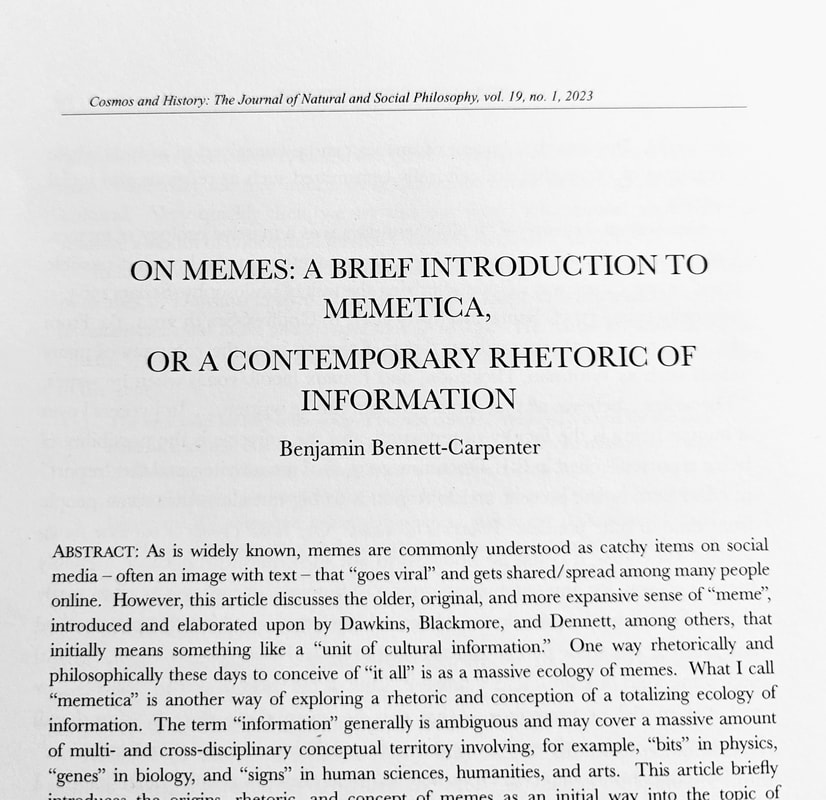
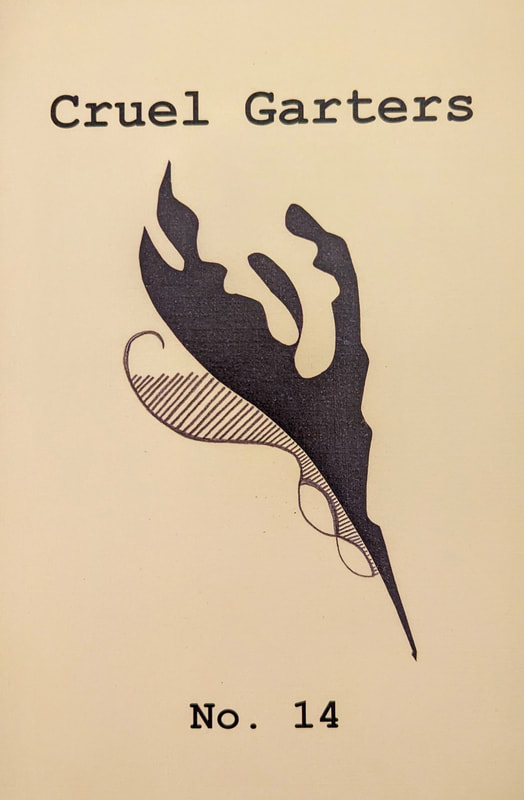
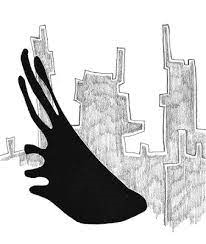
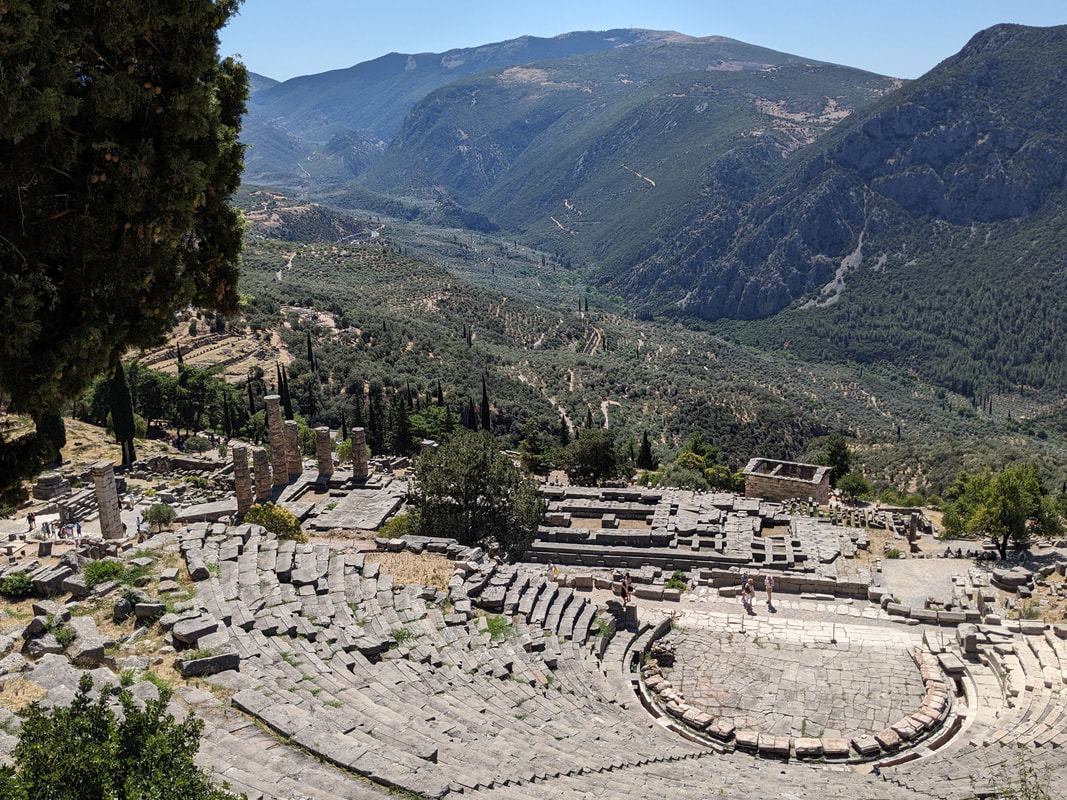
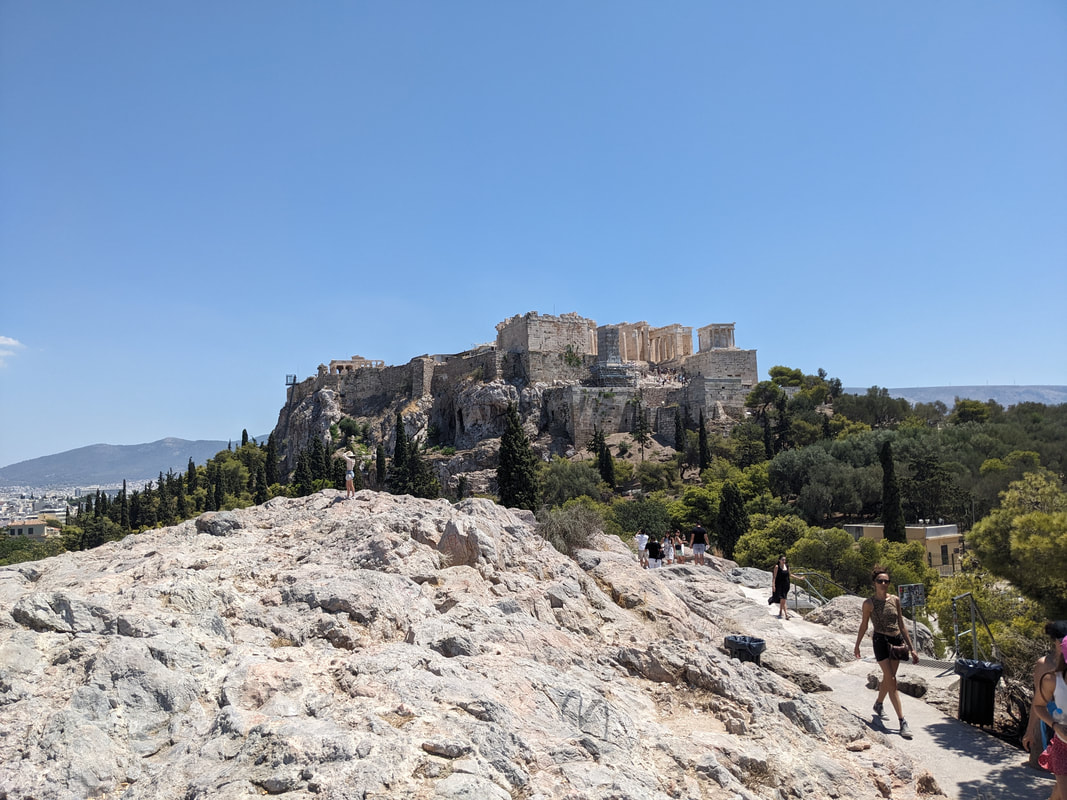

 RSS Feed
RSS Feed